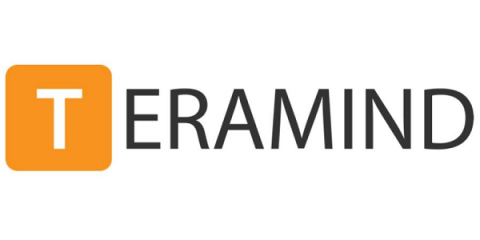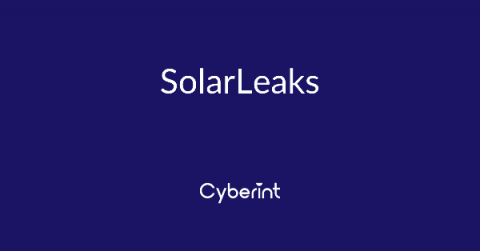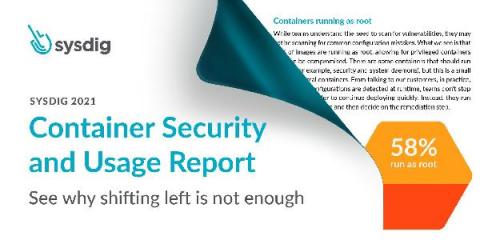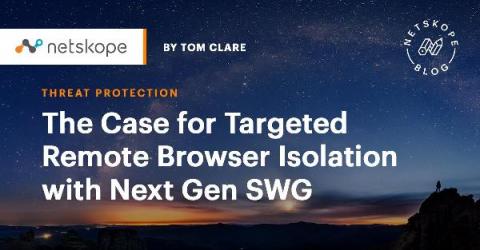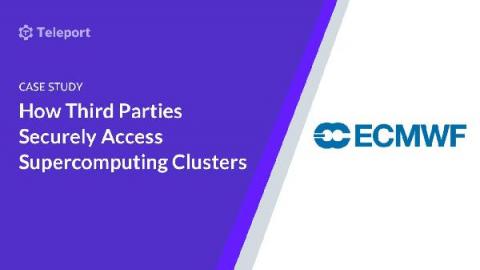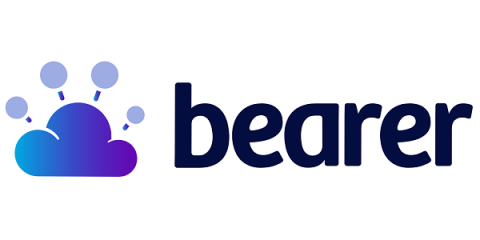Top 11 NTFS Permissions Tools for Smarter Administration
Managers and compliance auditors often ask IT admins to present a report listing file share permissions granted to a group or a particular user. Here are a few paid and free tools that will help you save time on generating these reports.




